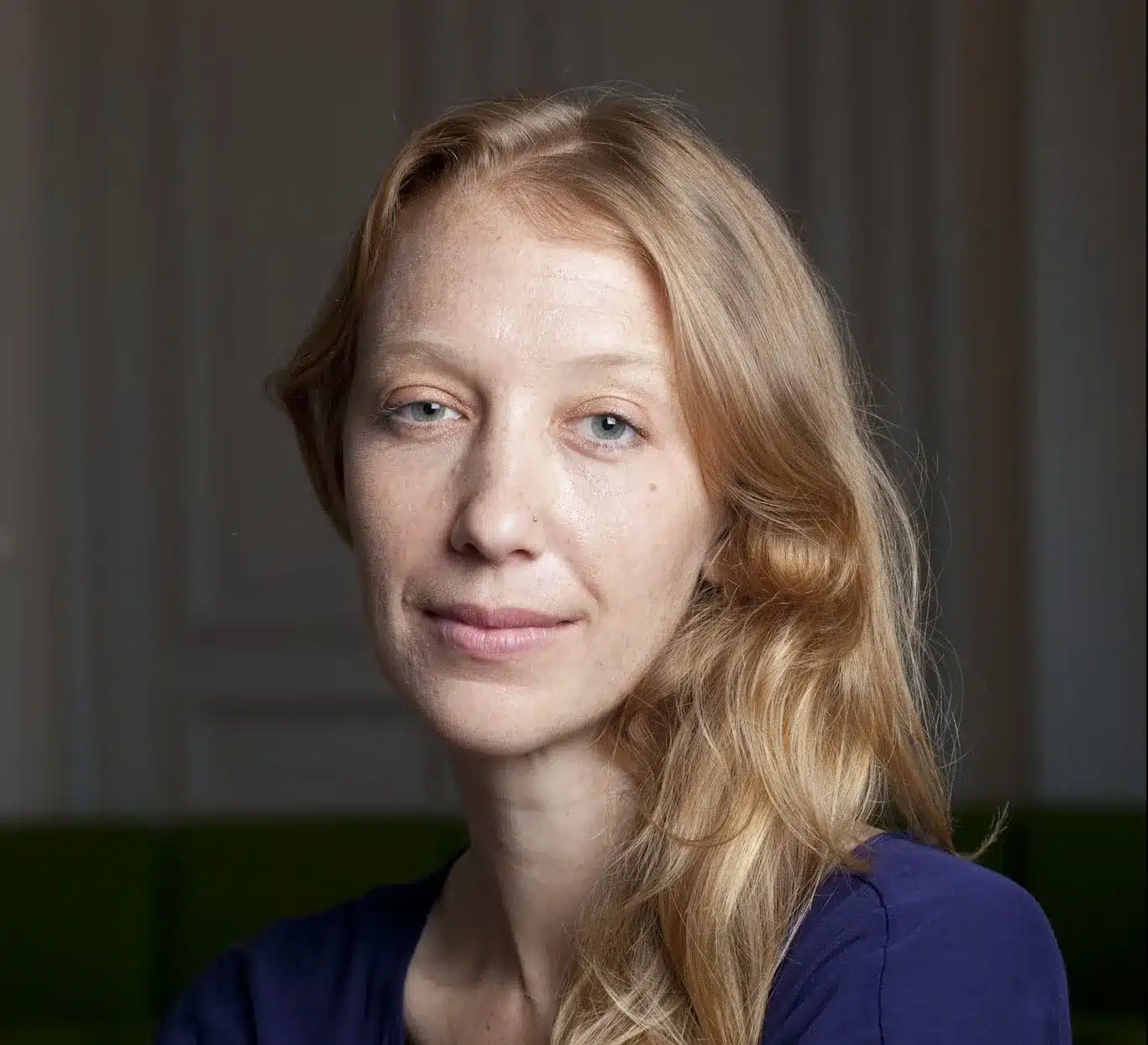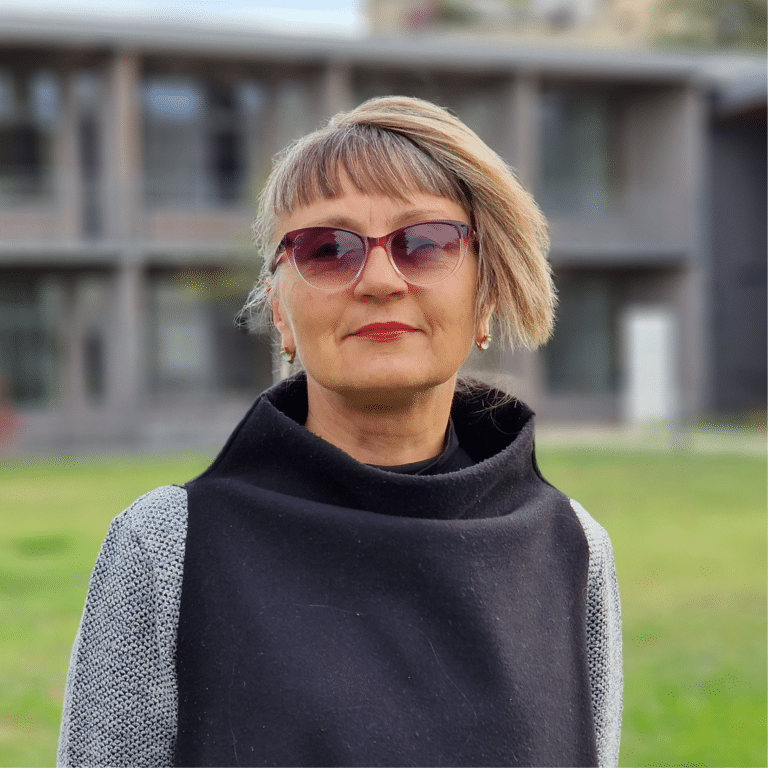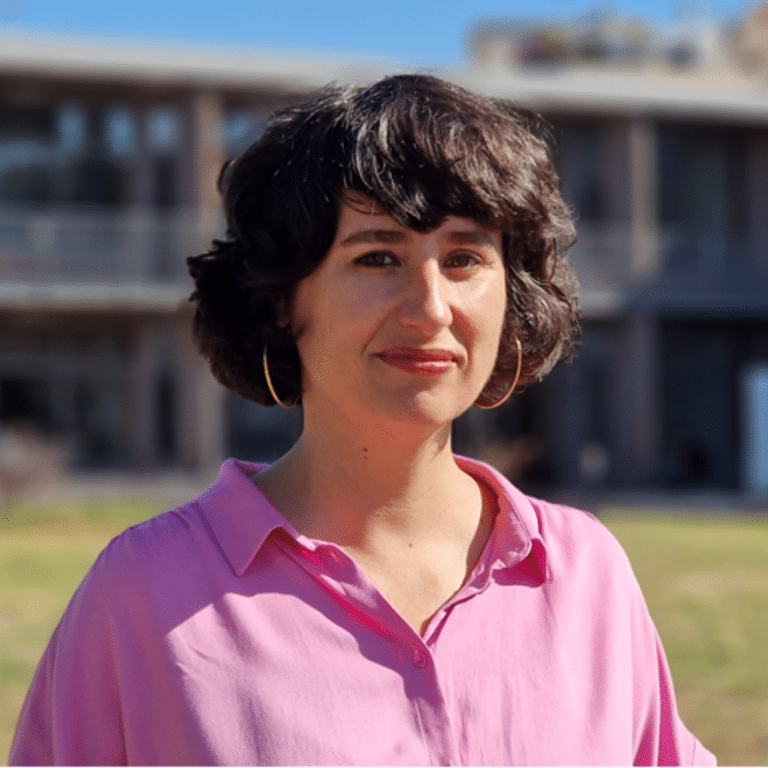Research project
eARTh: Creating science-based cultural “tipping points” to address the climate crisis
Summary of the research project
As an Art, Science and Society Fellow, I will continue to explore how cultural sparks can transform scientific awareness into climate action. In terms of research, I will do this by investigating scholarly intersections between decision-making, science communications, and visual culture. Specifically, I will explore how our perceptions of risk affect our decision-making, including an investigation into communications around the current global pandemic. I will also investigate how connecting climate solutions to ongoing social justice movements (such as Black Lives Matter), affects levels of community action. Overall, my research will center around better understanding the efficacy of culture-based communications in creating “tipping points” for climate action in urban communities. As a social practice artist, I also plan to do applied research during my fellowship. Following-up on my past work in Marseille as a 2015 fellow with OT-MED, I will develop an arts, culture, and science festival amplifying the diversity of climate solutions in the region. This “Creative Climate Awards” will be an offshoot of our NYC-based annual festival, which is now in its 10th year and which has reached over 200,000 New Yorkers, while exhibiting artists from over 30 countries. The Marseille-based festival will bring together the region’s best scientists, activists, communications specialists, and creatives to showcase the diversity of science-backed solutions we have to addressing the climate crisis.
Biography
Tara DePorte founded the Human Impacts Institute in 2010, after seeing a need to bring together environmental science and policy with artist-based communications and social action. Before starting the Human Impacts institute, Tara worked for 9 years as Director of Environmental Education and as Program Director for a New York City community-based organization developing opportunities for underserved youth and she has been a creative communications consultant for numerous federal governments, institutions, and NGOs.
With a BA in Human Impacts on Ecosystems from the University of Virginia and an MA in Climate and Society from Columbia University, Tara’s formal education has focused on issues of sustainable development, society, and the environment.
Professionally, her international experience includes work throughout Latin America, the Caribbean and Europe, working with colleagues throughout the world on creative community development, environmental education, social justice, policy and networking.
Tara is also an adjunct professor at Webster University in the Netherlands and has developed and led courses in Environmental Studies, Policy, Sustainable Development and Visual Arts the New School, Syracuse University, and Columbia University.
As a visual and performing artist, Tara has exhibited and performed her work in galleries and museums in six countries, including developing exhibits and performance art pieces around climate change for the United Nations. She has developed and curated public art experiences at the intersection of science, art and society for over 20 years, reaching hundreds-of-thousands of participants. Her collaborative partners and sponsors include the City of New York, German Federal Ministry of the Environment, French Permanent Mission to the U.N., Ford Foundation, and numerous global companies.



